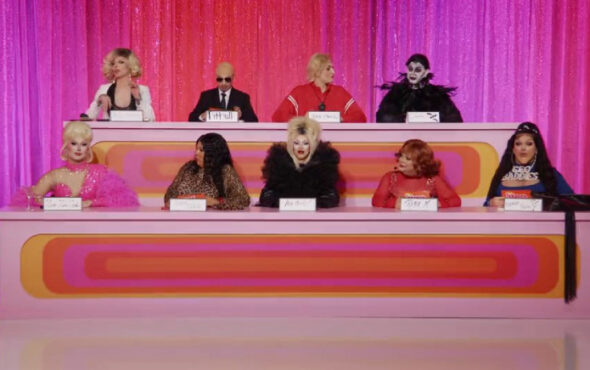
The company had censored some LGBTQ content in conservative countries.
Earlier this year, investigations from The Guardian revealed that TikTok had been censoring LGBTQ content in countries that were deemed to be conservative, like Turkey.
However, new documents seen by the German website Netzpolitik has found that the company was actively censoring more LGBTQ content, and other groups that it deemed as “susceptible to bullying or harassment based on their physical or mental condition.”
Users targeted under this censorship included members of the LGBTQ community, body positivity advocates and disabled users. People with disabilities could only have their videos viewed by people in the same country.
And after videos from people in the designated groups reached views of between 6,000 and 10,000, moderators tagged them as ‘Auto R’ which meant they would no longer appear in people’s recommended lists.
A spokesperson for TikTok told Netzpolitik: “This approach was never intended to be a long-term solution and although we had a good intention, we realised that it was not the right approach.”
They added that the rules have now changed, and the company is taking different measures to prevent bullying. However, they did not respond to questions about how the initial rules came into place.
Despite the rules being replaced, documents seen by Netzpolitik showed that the rules were still in force in September of this year.
In a follow-up statement, seen by The Guardian, TikTok said: “Early on, in response to an increase in bullying on the app, we implemented a blunt and temporary policy.
“While the intention was good, the approach was wrong and we have long since changed the earlier policy in favour of more nuanced anti-bullying policies and in-app protections.”



